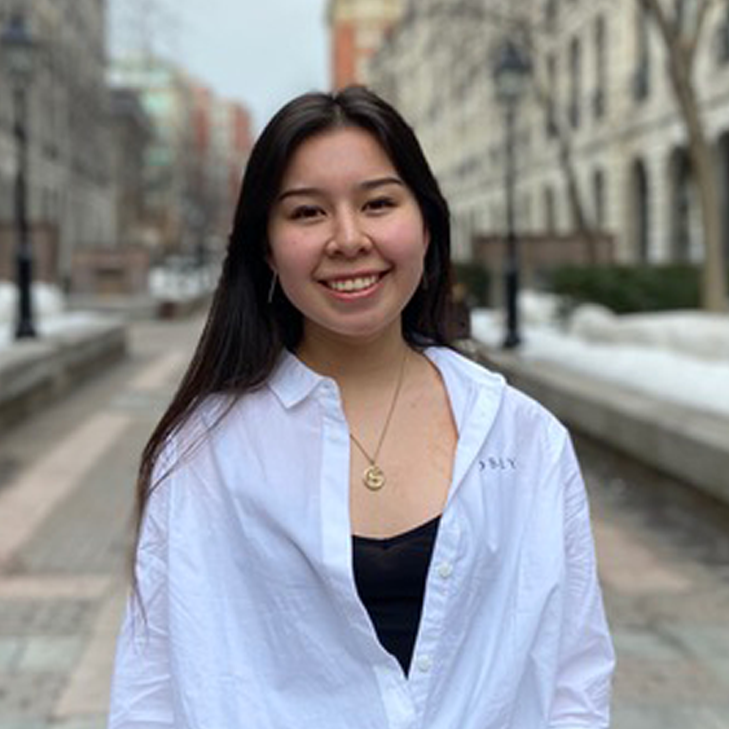An Ode to Active Listening
Photo Credit: Umid Akbarov on Unsplash
April 12, 2023 | Montréal, Québec
I have a confession to make.
I am obsessed with trashy reality TV dating shows. I’ve watched the classics and the Netflix series. I’ve even watched some deep cuts (was anyone else around for Flavor of Love?). Having sacrificed many an hour of my time to the Bachelor Cinematic Universe, I know a few things. I’ll tell you, a well-timed traumatic story can make the lead fall in love with you in one conversation; I can spot a villain edit from a mile away; I know when the producers are trying to trick you during the previews. Yet, the most common trope?
“How often does someone take the time to just listen to you?”
Every contestant wants to “feel seen.” I admit I mostly watch reality TV for the fun and dramatics; I cheer for my favourites and boo the villains. Yet, that so many people long to be appreciated for their authentic selves speaks to a need we have to be understood. We don’t just want to be heard; we want people to really listen to us.
How often does someone take the time to just listen to you? They forgo dinner (because you can’t actually eat on the dinner dates—I know) and stare deep into your eyes while they listen to you talk about that thing that happened to you. It’s a special and valuable time to have someone’s undivided attention.
Photo Credit: Elisa Ventur on Unsplash
Amazingly, a dinner date on the set of The Bachelor in Punta Cana is not the only way to experience such a phenomenon. Here’s where I get to active listening. I think what makes contestants feel so special during these moments (besides the pressure of the show pushing them to fall in love) is that their partner is employing active listening skills, offering them support and giving the contestant a chance to show vulnerability.
According to VeryWell Mind, “active listening is a communication skill that involves going beyond simply hearing the words that another person speaks but also seeking to understand the meaning and intent behind them. It requires being an active participant in the communication process.” Active listening takes listening from a passive experience to a functional skill using techniques to improve your engagement in the conversation, communicate back your understanding, and make the other person feel valued. Methods commonly used include open and attentive body language, reflecting, posing open-ended questions, and validating (EDC SSMU).
Even a brief description of active listening explains why reality TV show contestants feel so special during their dates. While many mental health services can have financial or legal barriers and are in short supply (especially for English-speakers in Québec), active listening is often an accessible option. Active listening can bring comfort and connection if you are going through a turbulent time in your life, struggling with a specific issue, or just needing a listening ear.
“Active listening takes listening from a passive experience to a functional skill using techniques to improve your engagement in the conversation, communicate back your understanding, and make the other person feel valued.”
It's hard to argue with feeling valued and heard, but what about the other side of active listening? Active listening benefits the person sharing and their conversation partner—the listener. From my own experience, I first learned active listening skills while in peer support training as a volunteer with the Eating Disorder Centre of SSMU at McGill. My training taught me to improve my listening skills, listening to understand and to communicate my understanding back to others. When my friends or family come to me to vent after a long day, to work through a problem, or for a shoulder to cry on, I feel much better able to support them. In making someone else feel understood and valued, I also feel valuable to them. Active listening is a kind of support I can provide without being a mental health professional or letting go of my own past experiences. In fact, empathising and relating to someone else’s struggles can also make them feel less alone. By using active listening skills with my loved ones, I benefit from being a better supporter and the value of being there for others.
Peer support is the real crux of active listening to me. Through active listening, we can support each other. Just as I want to be there for my loved ones, I need them to be there for me. When we know we can support and rely on each other, we can approach mental health together. Active listening works against mental health challenges, not as an isolating experience, but as an opportunity for connection.
So, I have to thank The Bachelor for pointing out why I love active listening so much (even when the contestants gaslight themselves into falling in love). Fortunately, we don’t all have to sign up for a reality TV show to benefit from active listening. We can learn to support each other. Also, while I am a big proponent of learning active listening skills for your relationships, you don’t always want to spill everything going on in your life to your mom (no matter how good she is at listening). In that case, I recommend checking out Vent Over Tea’s virtual and in-person (Montréal) active listening sessions, which are always free and confidential. For resources in other regions of Québec, you can also check out our complete list of English-Language Mental Health Resources.
Author
Chloe Merritt
Community Liaison Lead
for Y4Y Québec



